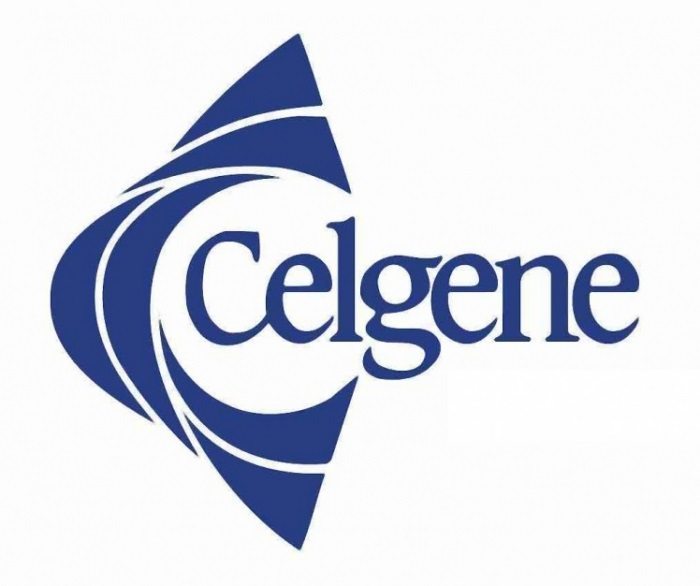
It was back in April when the Chief Medical Officer of pharma giant Celgene Corporation (NASDAQ:CELG), Dr. Jerome B. Zeldis joined the board of MetaStat Inc. (OTCMKTS:MTST). It was clear from here that something was in the works between the two companies and that perhaps a licensing deal would soon be struck between the two. It appears that five months later, a cooperative deal has indeed been struck between the two companies, the larger of which is an astonishing 16,000x the size of the smaller.
Such a lopsided partnership is noteworthy in itself, as it does not happen often, to say the least. Not much about the contents of the deal is publicly available aside from the 8K filed by MetaStat on October 6. What we do know is that milestone payments from Celgene to MetaStat of up to $973,482 have been agreed upon. Sub-one million retail agreements like this are rarely newsworthy, except keep in mind in this case that the agreed-upon sum is about 20% of MetaStat’s market cap. Half of the sum has already been paid as of execution of the amendment to the agreement on September 29.
There are other bare-bones details that can be gleaned from the 8K, such as that three grams of proprietary Celgene material will be provided to MetaStat for testing.
As for the contents of the agreement, the 8K is heavily redacted so we can only speculate. There are really only three possibilities that we know of for what this agreement is meant to develop. MetaStat is currently developing two diagnostic products and one therapeutic product. The diagnostics are its MenaCalc Platform and its MetaSite Breast test. MenaCalc is meant to calculate the risk of cancer metastases, allowing for personalized treatment of solid tumors in accordance with the risk of its spread. Keep in mind that it is not cancer itself that kills, but its spread to other parts of the body. Theoretically speaking, a solid tumor that cannot metastasize is not generally fatal.
Its other diagnostic is similar. MetaSite Breast also measures the chances of metastasis except it is designed only for specific types of breast cancer.
The third possibility would be MetaStat’s therapeutic platform that may be being codeveloped with Celgene. MetStat licensed that platform out to a different firm in 2014, but the rights reverted back to MetaStat at the end of 2015. The company may now be trying to develop it again but this time with Celgene. The platform is called MenaBloc, and the idea is to block the protein that is associated with metastasis in tumors. If mena can be blocked, the theory is that cancer can be “gently” managed rather than aggressively treated with medications that severely affect quality of life. This could possibly turn cancer into a chronic rather than terminal illness.
Preclinical test results for the platform can be found here, showing effectiveness on murine or mouse models so far. Could the 3 grams of material Celgene is providing have something to do with testing out the effectiveness of MenaBloc on an in vitro model? Both companies are pretty mum on the details for now, but we will most likely be finding out more as the cooperation progresses.




